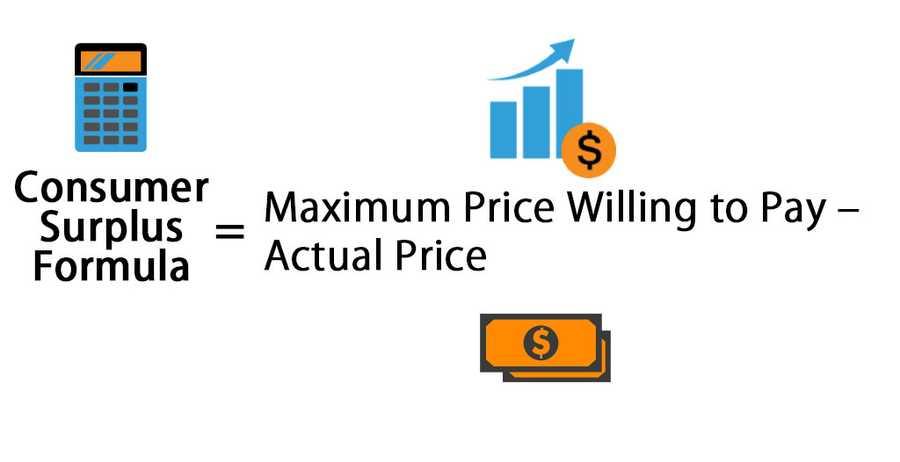Consumer Surplus: Getting More Than You Paid For
Consumer surplus is the excess value you get from something when you pay less than you were willing to pay.
I’ve made some money and get a lot of joy from my Starbucks coffee. So if my coffee cost $20, I would pay it.
But Starbucks can’t price the coffee at $20 just for me, because they’re selling the exact same product to others. So I’m getting a lot of consumer surplus out of the coffee.
All businesses generate consumer surplus. Amazon might be a trillion-dollar company, but I’ll bet they’re generating trillions in consumer surplus through people’s willingness to pay for convenience.
61
502 reads
The idea is part of this collection:
Learn more about personaldevelopment with this collection
Why happiness is the ultimate goal
The importance of creating value
How to create wealth in the modern era
Related collections
Read & Learn
20x Faster
without
deepstash
with
deepstash
with
deepstash
Personalized microlearning
—
100+ Learning Journeys
—
Access to 200,000+ ideas
—
Access to the mobile app
—
Unlimited idea saving
—
—
Unlimited history
—
—
Unlimited listening to ideas
—
—
Downloading & offline access
—
—
Supercharge your mind with one idea per day
Enter your email and spend 1 minute every day to learn something new.
I agree to receive email updates
